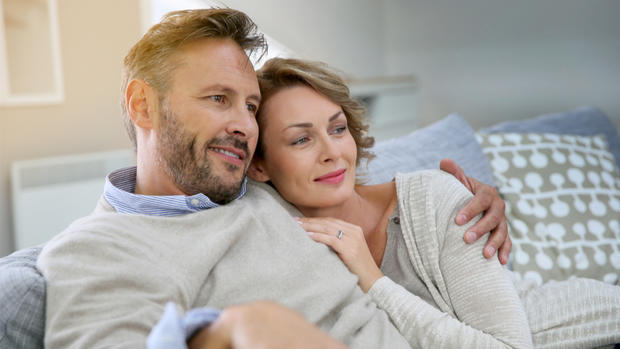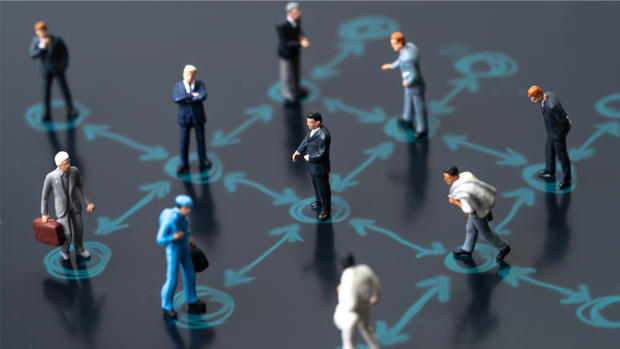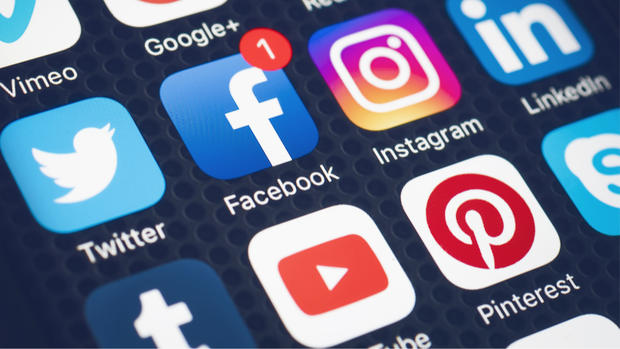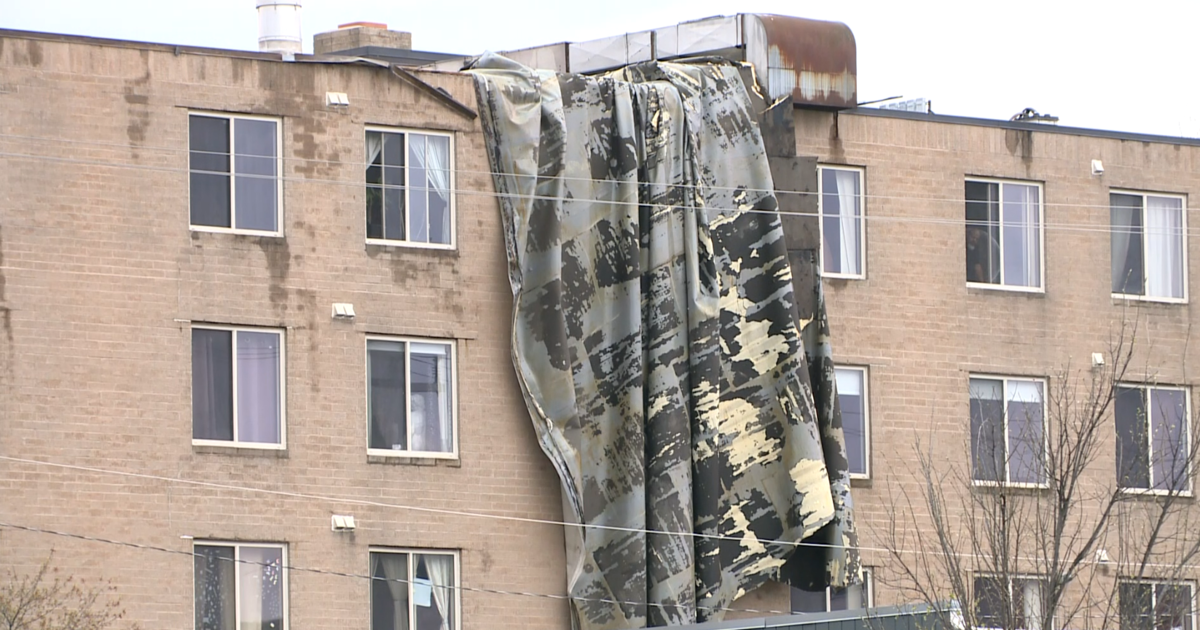A Social Distancing Survival Guide
CBS Detroit - As we move toward another week - wait what week is it? Social distancing, telecommuting, and lack of social contact can make some of us feel like we're living our own Ground Hog Day over and over again. For others, this is less of a factor. They have spouses, kids, and jobs. For those, finding social contact isn't so hard. If anything, with everyone at home, there is more connection to family.
As cabin fever has set in, coping with it can be frustrating, and for some - lonely or just outright depressing. After all, we were created to be social creatures. Staying six feet apart in public isn't something that comes naturally to us. In an article by Psycom.net, studies have been done finding that loneliness can lead to diabetes, autoimmune disorders (rheumatoid arthritis and lupus), and cardiovascular disease.
Another article by Harvard Health/Harvard Medical School showed in a major survey of over 100,000 American adults that married men were healthier than those who were single, divorced, or widowed. Whether it's the institution of marriage or just living with someone else that leads to better health, the results of studies vary, it seems to be a little of both. They report men with unmarried partners tend to fare better than single men, but men living with wives have the best health of all.
Back in 2003, when the SARS epidemic was going around, and with 9/11, many studies were done examining who is most at risk to the psychological effects of being alone. According to Psycom.net, the research found young people ages 16-24, women, those with psychiatric illness, those with one child, and health care workers to be more at risk for social isolation. For these groups of people, COVID-19 (or traumatic) events "...has a way of unearthing past trauma and bringing it up to the surface," said Dr. Adam Kaplin, M.D., PhD., a neuroscientist at Johns Hopkins University School of Medicine.
What could people experience in times like these? Psycom.net reports fear and anxiety, depression and boredom, and anger-frustration-irritability being common reactions.
- Fear & Anxiety - Could be triggered by fears of catching COVID-19, being unable to find food and supplies, or being laid off.
- Depression & Boredom - We're cooped up at home, with different daily rhythms. We're social distancing with some having not much to stay occupied - businesses and much recreation are closed. Filling the time can be difficult.
- Anger - Frustration - Irritability - Psycom.net suggests that we have had to give away control. We've been thrust into an uncertain situation. Some things we can no longer control, such as travel restrictions, the ability to find toilet paper, or going to a movie or group meeting. Everyone has their own coping mechanisms and deal with this differently. When coupled with fear and anxiety many lash out these internal fears at others.
What Can We Do?
If you're ok, keep in mind that many others are not. There is a lot we can do to help others, which can be as simple as being a good friend by calling and asking if they're really ok. Listening and allowing others close to you to vent, share feelings, and frustrations can go a long way.
You can be supportive through acts of service to others. Maybe you have a friend or relative who is an over-worked healthcare worker with a family. Dropping off a heat-and-eat meal could remind them they are loved. Greet others in the grocery store in a friendly way, creating mindfulness of others. Psycom.net says that when we are kind and helpful, the pleasure centers in our brains light up. So, doing good feels good too.
Psycom.net also suggests acknowledging what's happening, and that it is stressful.
Stay connected. Up until now, we took for granted all the regular interactions at the workplace, places of worship, restaurants, and even our own neighborhood.
It's different now and finding alternatives can help. You can Facetime, Skype, Zoom, call, or text with others. Consider joining an online club with others who have a shared interest, whether that's beer, crafting, or sports.
Look for the bright side. Be optimistic. Look for the positives in your current situation. Do you spend less time commuting? Do you have more time with loved ones? Are you eating healthier?
Maintaining a normal schedule can help too. It may be easy to sleep in longer or keep working into the late-night hours. Doing your best to maintain your pre-COVID-19 routine will help keep your body on the same rhythms. Good sleep habits affect every part of our overall health, including preventing cardiovascular disease.
Psycom.net also says that breathing exercises can help, such as mindful breathing, which calms your mind and body. Just a few minutes can have a benefit.
Keeping realistic goals and expectations is important as well. According to Psycom.net, when you have unrealistic goals or expectations you can create more stress. Go easy on yourself, some things may take longer, or may not be possible. Give yourself time to adapt to whatever the situation is. It may require starting new habits.
Manage your news intake. If you're sucked into the spin cycle of press conferences and reports, that constant bombardment of negativity can affect your mental outlook and physical health. Unless you're a news producer, don't be afraid to step back and go for a walk. Consider taking a break from social media, or meter your daily social media/news intake. It's ok to be informed, but perhaps not all the time.
© 2020 CBS Broadcasting Inc. All Rights Reserved. This material may not be published, broadcast, rewritten, or redistributed. Information from Psycom.net and Harvard Health Publishing- Harvard Medical School were used in the creation of this report.






